Design Thinking + UX vision and research | CPE123 Week 5
Problem space and Solution space
The Problem Space is the problem and everything associated with the problem.
Explore - What is current UX?
- Why is change needed?
- How does this change improve the situation?
Articulating problem space - A team effort
- Explore different perspectives
- Don't guess without evidence (statistics)
User
Expectation management - realistic expectations
- no disappointments
- Communication Ownership - Make users active stakeholders
- accept problems
- make difference in the acceptance and success of the product Degrees - Member of the design team ( Full-time, Part-time, Short-term, Long-term)
- Face to face
- OnlineInteraction Design
- Discovering requirements
- Designing alternatives
- Prototyping alternative design
- Evaluating product
Interaction Design Lifecycle Example
How to choose alternatives?
- Balance Pros and Cons
- Externally visible and measurable behavior
- Possible (doable, timeframe, speed)
- Evaluation with user and peers
- A/B testing
- Quality threshold
Design Thinking
What is design thinking?
Design thinking is an iterative process in which we seek to understand the user, challenge assumptions, and redefine problems in an attempt to identify alternative strategies and solutions.
Design thinking provides a solution-based approach to solving problems.
We should think 'Outside the Box' to develop new ways of thinking that don't abide by dominant or more common problem-solving methods.
Design Thinking's Phase
EMPATHIZE - with users
DEFINE - user's needs, problems, insights
IDEATE - creating ideas for innovative solutions
PROTOTYPE - creating the solution
TEST - solution
* * * * * END * * * * *
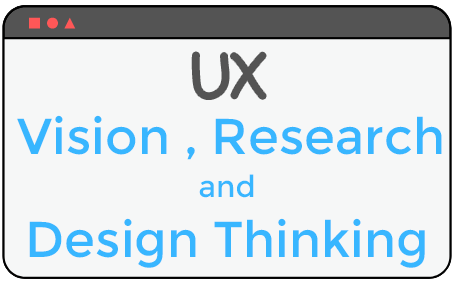
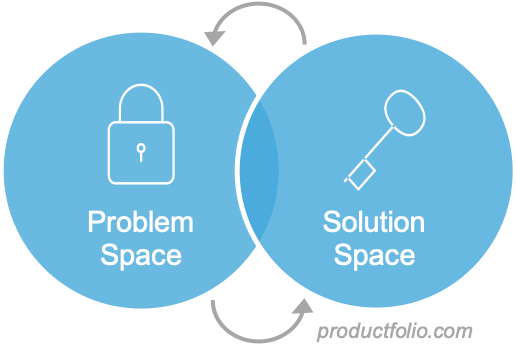

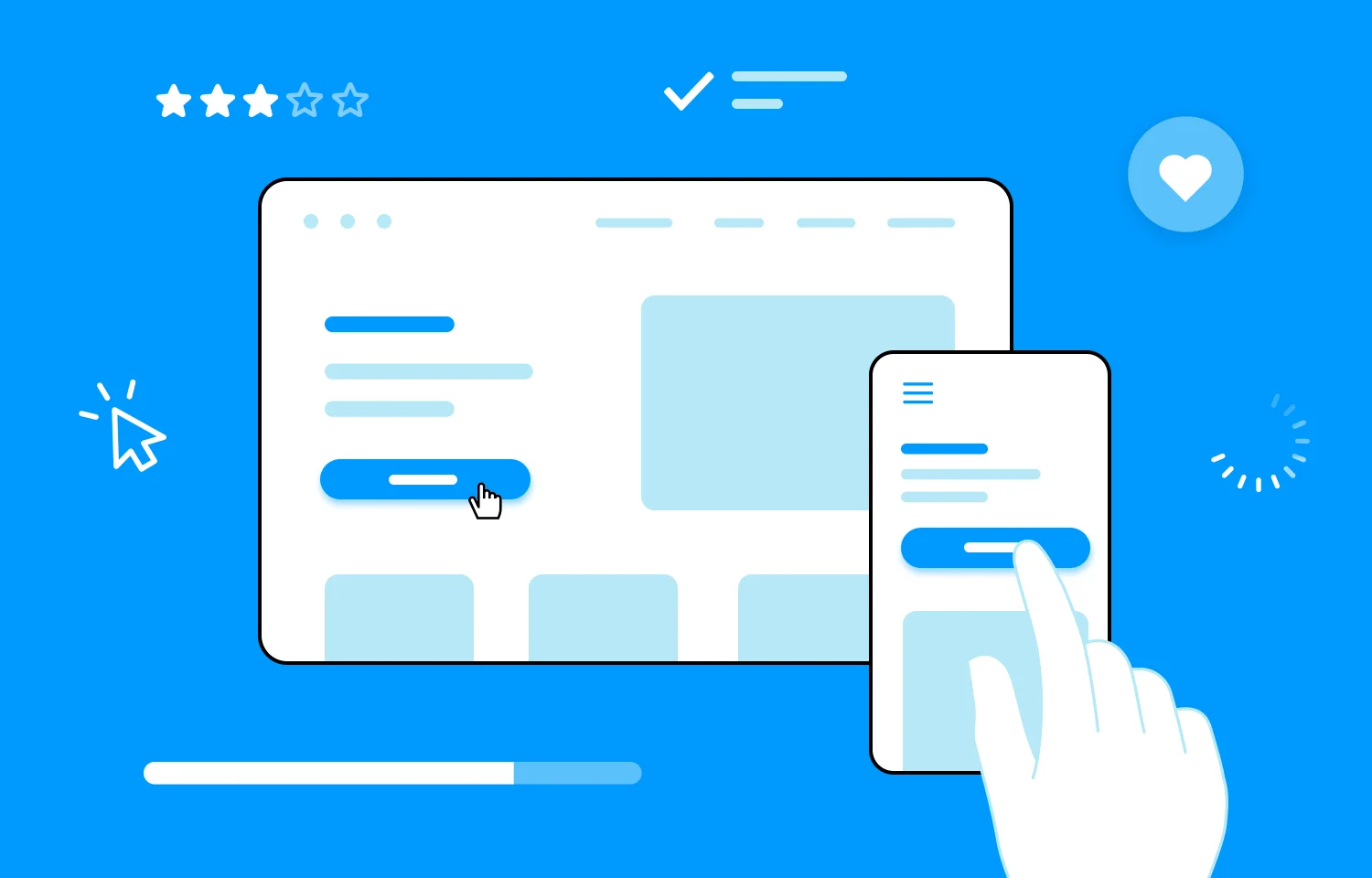
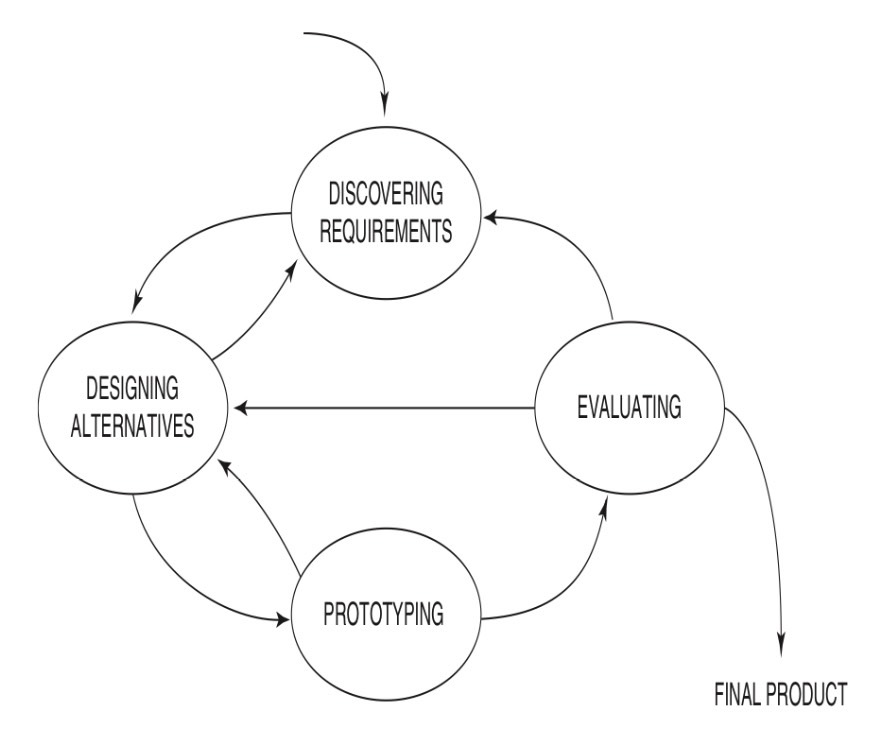

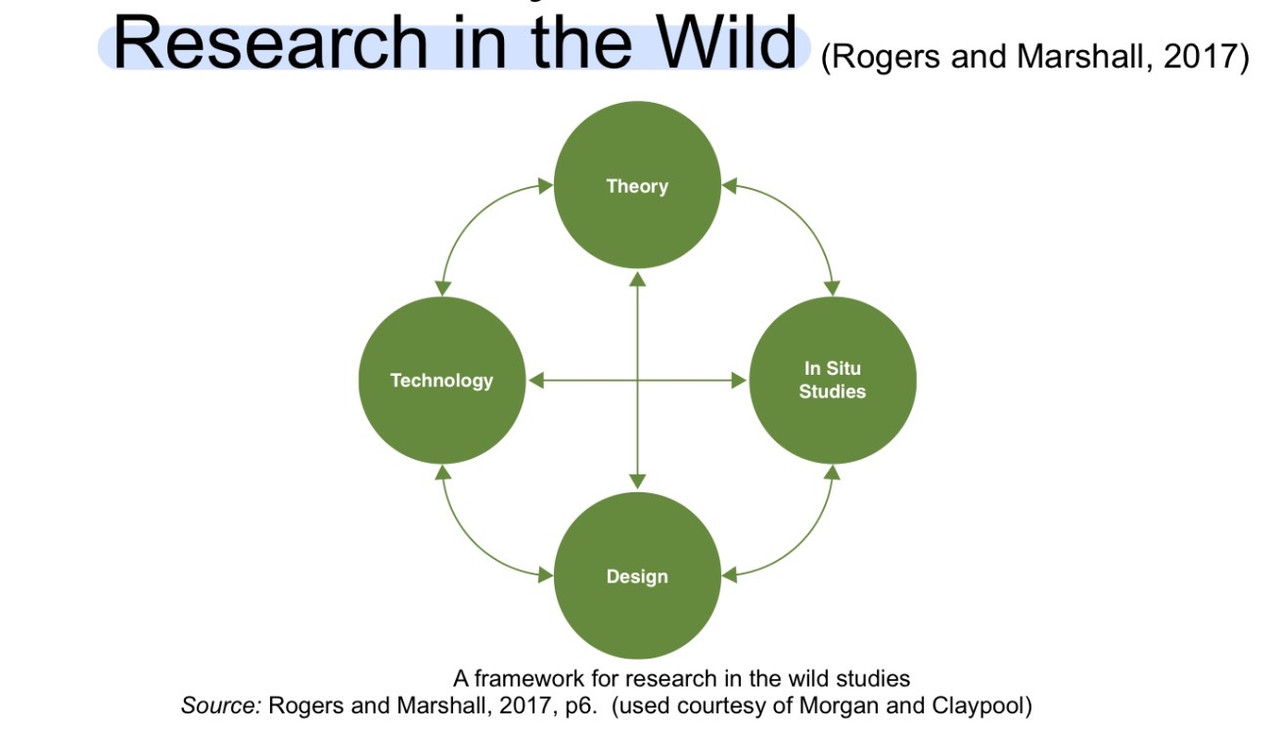



Post a Comment
0 Comments